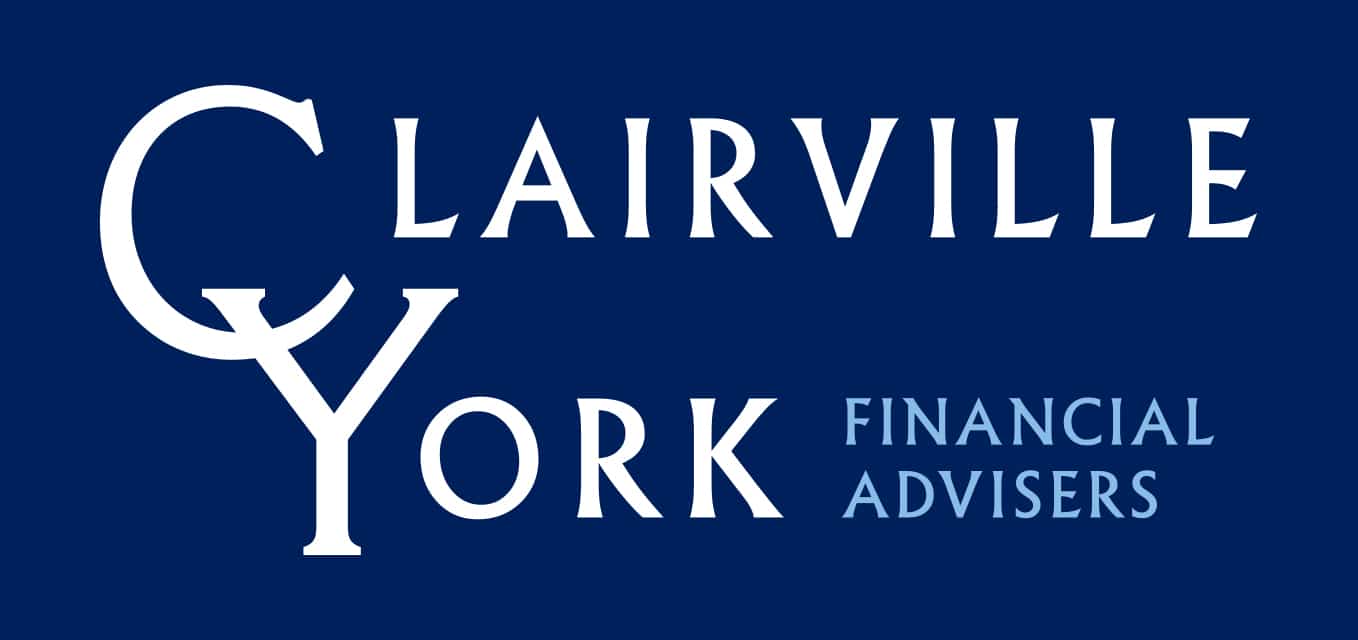The Government has announced that the cost of obtaining probate of deceaseds’ estates is to be changed and will in future be linked to the value of the estate.
At present, the fee is £155 when applications for probate are made by solicitors, and £215 when made by other people. In future, there will be no charge in respect of estates worth £50,000 or less, but estates worth more than £2 million will suffer a charge of £20,000.
Subject to parliamentary approval, the change will take effect in May 2017 (so some executors might find it possible to rush through applications to beat the deadline).
The change will create problems for executors because the charge will be payable before they gain access to the assets from which the charge might have been expected to be paid. Similarly, inheritance tax is also payable up-front but enjoys a special exemption when the estate passes to a surviving spouse or civil partner or to a charity. But no such exemption applies to probate fees.
So executors may have to ask the institutions in which the estate is invested – banks and investment managers and National Savings – to release funds to provide the necessary cash. Otherwise, the executors or family may have to raise the money themselves.
The final rung on the scale of the charge involves a ‘cliff-edge’ increase. An estate worth £2 million will pay £12,000, while an estate worth £2,000,001 will pay £20,000. This increases the likelihood that ways will be sought of reducing the value of estates, perhaps by making lifetime gifts.
Some advisers are suggesting that property which is held by couples as ‘tenants in common’ should be converted into a ‘joint tenancy’, so that the deceased person’s share by-passes their estate and goes directly to the survivor.
It was common practice before 2007 for testators with larger estates to create tenancies in common so that their share in a property would be diverted into a trust and so avoid increasing the value of the survivor’s estate, but these trusts may now need to be reviewed.

